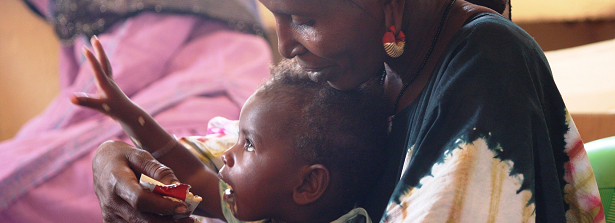
The Institute of Development Studies is organizing the five-day course “Transforming Nutrition – Ideas, Policies and Outcomes” from July 15 till 19, 2019 to learn and network with leaders in nutrition policy and practice to develop more effective approaches to eliminating malnutrition in all its forms.
Participants will be guided through cutting-edge knowledge and evidence on nutrition globally. Using an interactive diagnostic approach, they will learn to apply such knowledge to specific national or sub-national situations to identify strategic areas for nutrition action. The course is designed to provide a base from which participants can develop their own future leadership for transformational change in nutrition.
During the five-day course, highly qualified, experienced professionals from leading organizations in the field will be teaching, including Inka Barnett and Jody Harris (IDS), Purnima Menon (IFPRI, India), Stuart Gillespie (IFPRI) and Lawrence Haddad (Director of GAIN, former co-chair of the Global Nutrition Report and one of the founders of the course).
Aim of the course is to equip development policymakers and practitioners with the knowledge and skills to more effectively design, improve and implement strategic approaches to address nutrition issues at regional, national and global levels.
Participants
Mid- and senior-level professionals working in government, think tanks, bilateral or multilateral agencies, NGOs, media organizations, or community organizations, and others who want to accelerate and intensify their own efforts to address malnutrition and influence others in this area.
The course is not intended as a course in programme design or implementation, but will equip leaders to understand the data and evidence necessary for relevant situational diagnostics and strategic choice-making to craft appropriate policy and programmatic responses to malnutrition.
Methods
Now in its eighth year, this professional short course has been shaped in response to the positive feedback from previous participants. The course is divided into modules where the nature, causes and consequences of malnutrition and ways of addressing malnutrition in all its forms will be explored. Individual and group exercises and discussions focus on helping to build a solid understanding of the nutrition situation at a global and country level, learning from examples of country-level successes in nutrition, interpreting data and evidence, and developing strategy.
Learning outcomes
After completing the course participants will be better able to contribute to accelerating the reduction of under-nutrition in their sphere of influence by deepening their understanding of the following concepts and issues:
- The differences between under-nutrition, overweight and non-communicable diseases, food insecurity, hunger and hidden hunger.
- The distribution and causes of different forms of malnutrition
- What works where in addressing malnutrition and its determinants through different sectors.
- How to contribute to creating an enabling environment for nutrition, from policy to implementation.
- Emerging new topics in nutrition including climate change, adolescent nutrition, food systems and digital technology.
- This event has passed.

